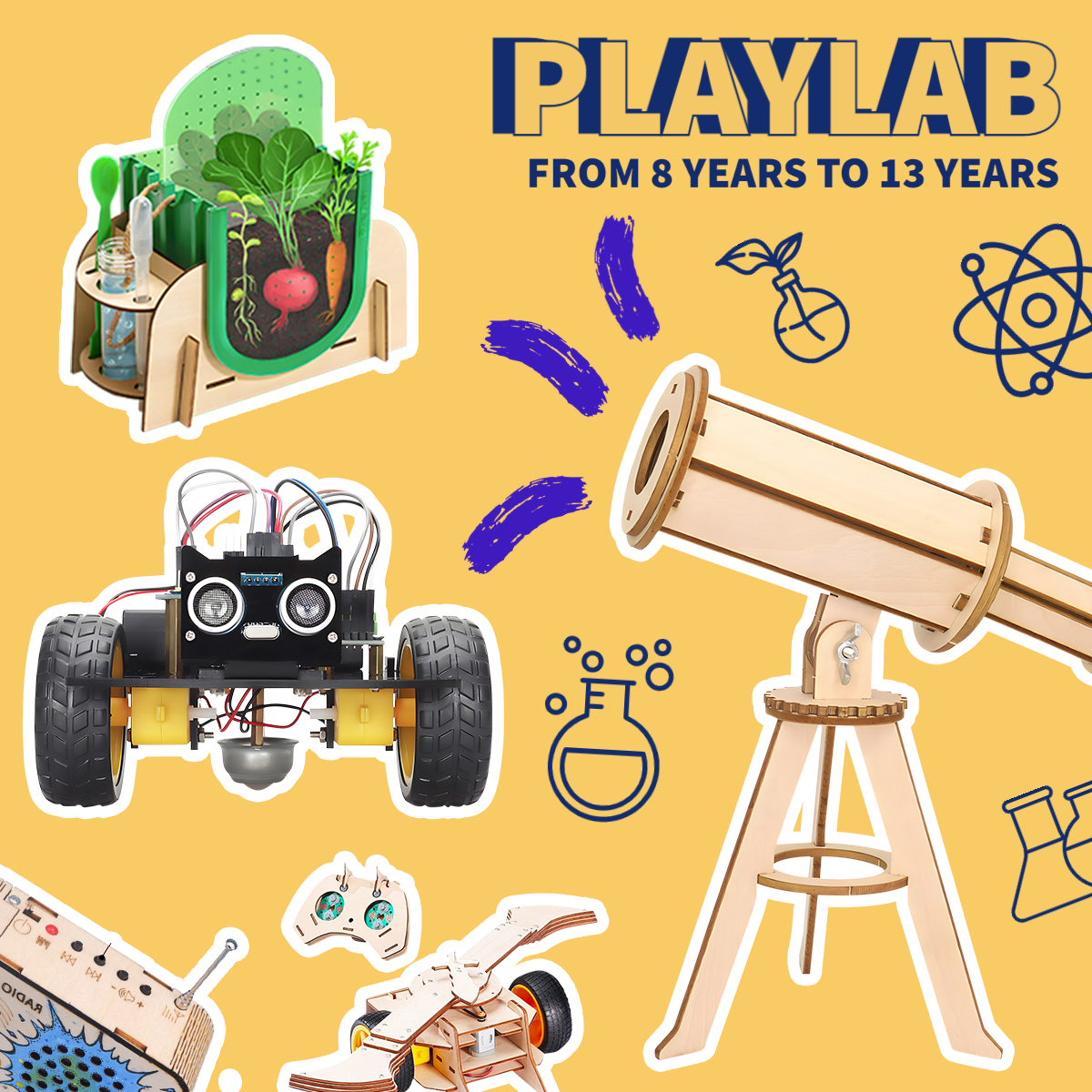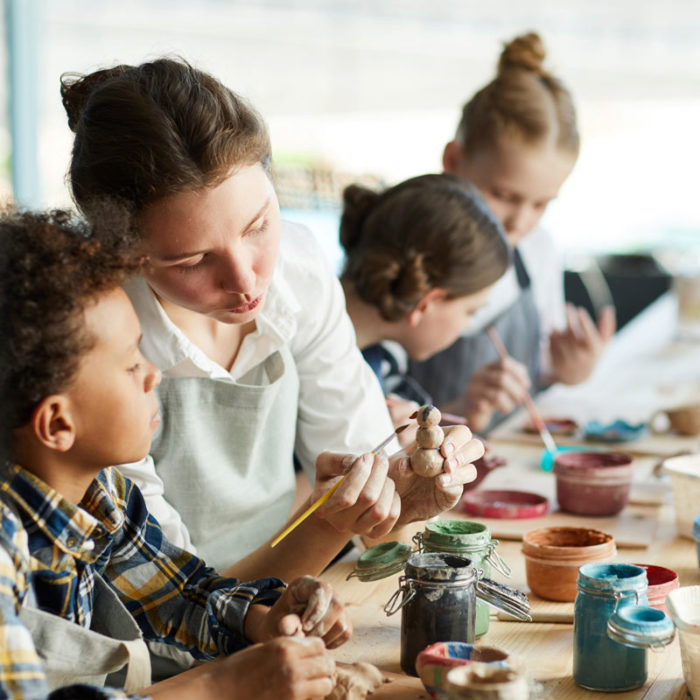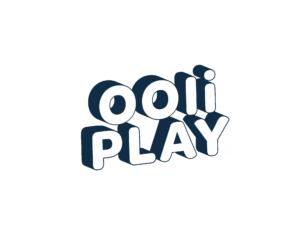🕓Reading time : 3 mn
Watching your child play is the closest you may get to experiencing their inner world – a glimpse of the characters they think are tough and strong, or magical and extraordinary with superpowers. We see them experience the smallest of things for the first time, and process the world around them. Engaging in play with your child sends them a significant message: “I see your inner world, and it’s important to me– as are you.”
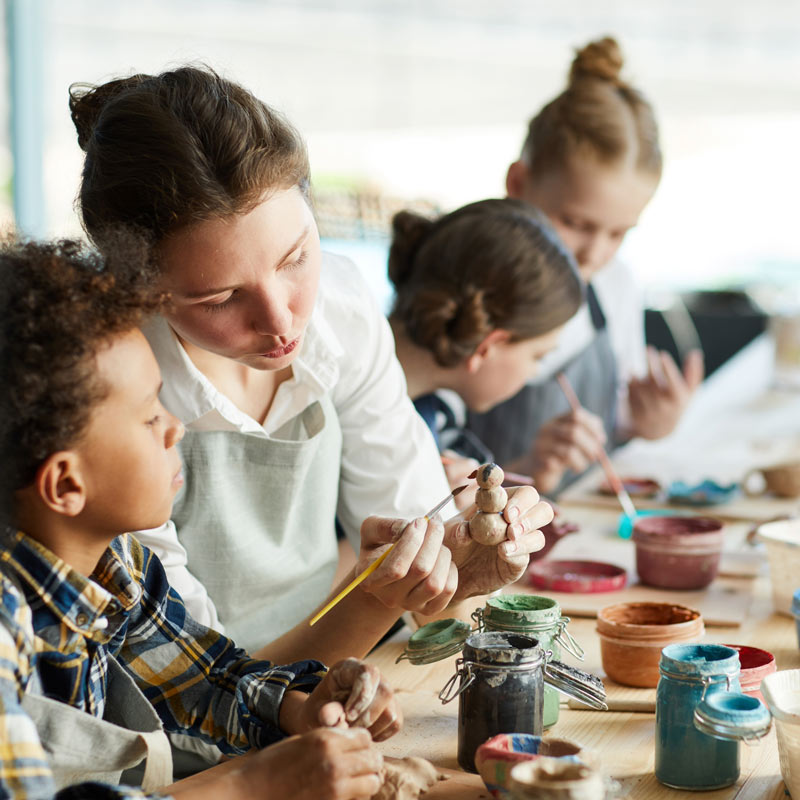
Decades of research has found that play and development are inextricably linked across species the world over. Animals spend exorbitant amounts of energy while playing, and scientists have deduced play to be a critical mechanism for all types of development in mammals and other species. Play has been found to be crucial for physical and cognitive, emotional and moral, as well as social and behavioural development. It represents a key role in self discovery, and its benefits are still being discovered to this day.
A child’s cognitive development is their ability to think, comprehend, communicate, recall, predict and decipher what may happen next. Early years foundation stage children especially benefit from playing with engaged parents– this is the time that they start to ask a lot of questions and develop their understanding of larger concepts. They begin to form a baseline idea of the world around them. Simultaneously, a toddler’s capability for logical thought and language acquisition are not as high as their urge for self-expression and discovery, leading to much frustration. That’s why tantrums are so frequent at this age.
Play is a great way to help facilitate your toddler’s cognitive development while beautifully connecting with and soothing their inner world and way of learning.
Some cognitive games known to improve a toddler’s memory:
- Hiding then showing objects
- Poems, songs, and nursery rhymes
- Alphabet and number games
- Sound and animal matching games
Games to improve a toddler’s logical development include:
- Sorting games using blocks, cards, and toys
- Start-to-finish games– there are several contexts and parents can be creative too
- Simple puzzle games with large pieces that fit together
Boosting imagination and creative cognitive development:
- Arts and crafts with paint, chalk, and crayons
- Sandboxes with little toys
- Play-doh can be a great activity as it also engages a toddler’s tactile senses.
Young children learn best when they drive their own play and feel they have a choice in their activities.
Each child grows at a different pace and there is no set timeline for toddlers– it is a range of time in which developments in cognitive functioning occur simultaneously. As Terrible as the Twos and Threes may be, this time is precious and only a parent can provide a toddler with the tools to ease their frustrations, and prosper during this time. A young child often feels connected to their parents when their inner world is acknowledged, and this can be achieved effortlessly through play !
Rhea P. | Journalist and web redactor for ooliplay
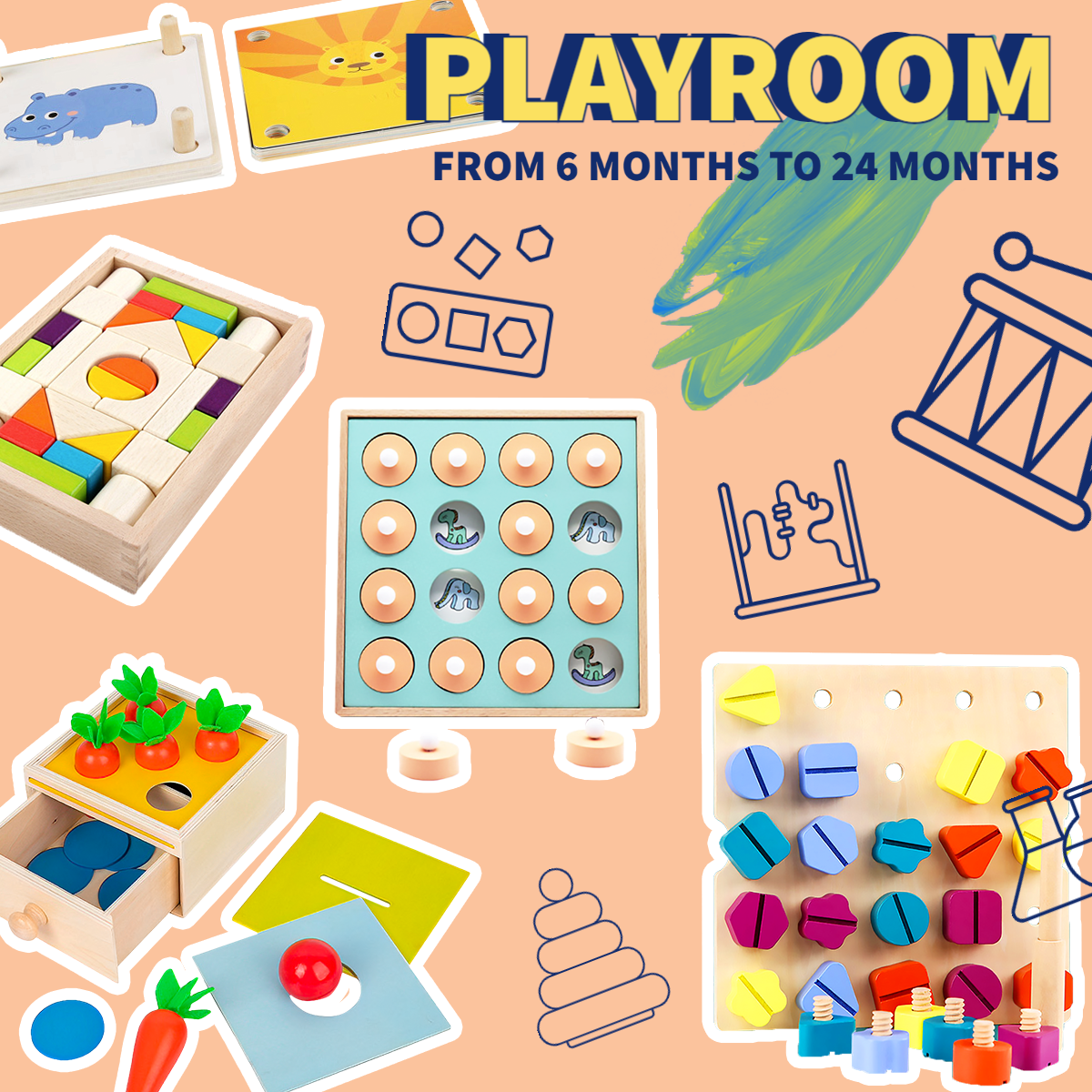
Baby skills
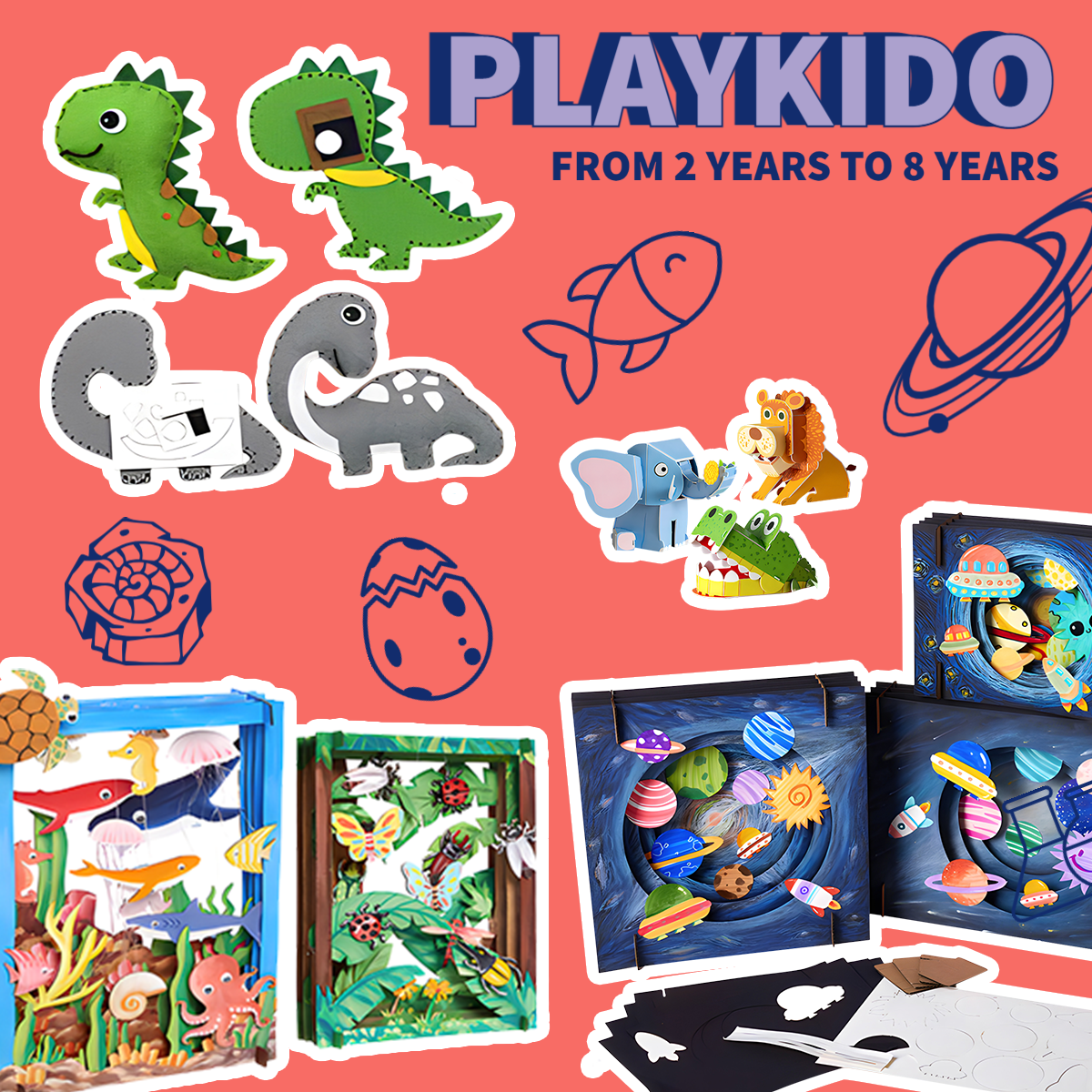
Kids art play
